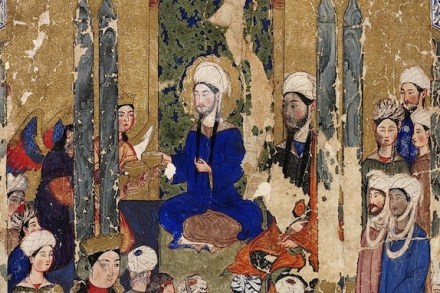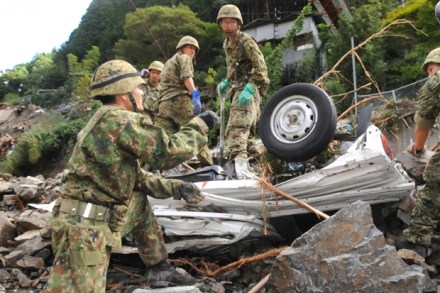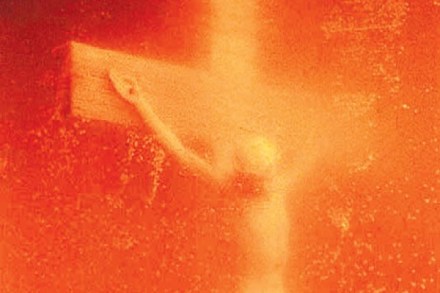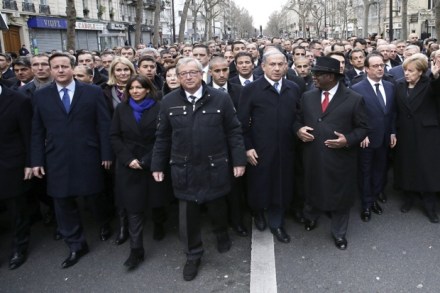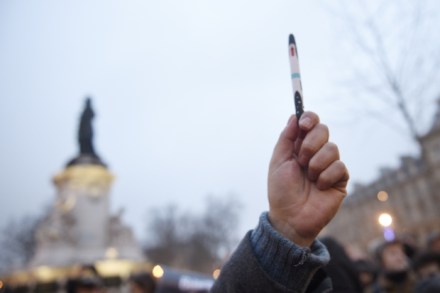Mohammed — in pictures
Two months ago I was sitting beside the tomb of a descendant of the Prophet Mohammed, telling a story about the last week of the Prophet’s life. It was detailed enough to paint an imaginary portrait of him and included a mildly ribald joke from one of his wives, told to him on his deathbed when he was racked with fever. This kind of story often perplexes my rationalist friends back home. ‘Why can you describe the Prophet but not draw him?’ ‘Why can you make jokes but not draw cartoons?’ Where does this idea that it is forbidden to represent the Prophet come from? There is no line in
